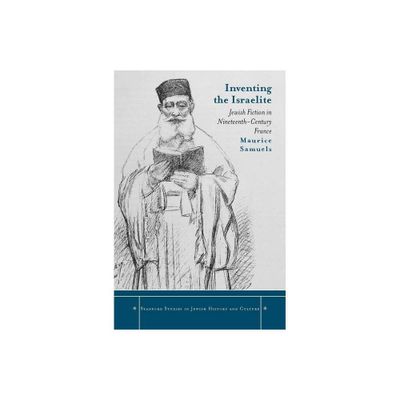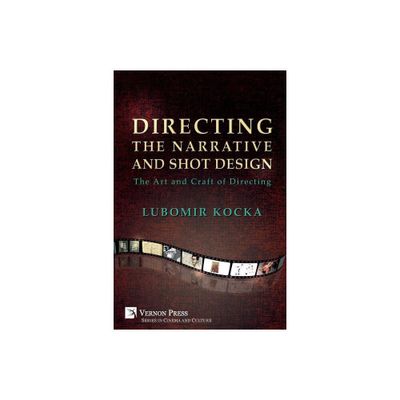Home
Inventing the New Negro: Narrative, Culture, and Ethnography
Loading Inventory...
Barnes and Noble
Inventing the New Negro: Narrative, Culture, and Ethnography
Current price: $69.95


Barnes and Noble
Inventing the New Negro: Narrative, Culture, and Ethnography
Current price: $69.95
Loading Inventory...
Size: OS
*Product Information may vary - to confirm product availability, pricing, and additional information please contact Barnes and Noble
It is no coincidence, Daphne Lamothe writes, that so many black writers and intellectuals of the first half of the twentieth century either trained formally as ethnographers or worked as amateur collectors of folklore and folk culture. In
Inventing the New Negro
Lamothe explores the process by which key figures such as Zora Neale Hurston, Katherine Dunham, W. E. B. Du Bois, James Weldon Johnson, and Sterling Brown adapted ethnography and folklore in their narratives to create a cohesive, collective, and modern black identity.
Lamothe explores how these figures assumed the roles of self-reflective translators and explicators of African American and African diasporic cultures to Western, largely white audiences. Lamothe argues that New Negro writers ultimately shifted the presuppositions of both literary modernism and modernist anthropology by making their narratives as much about ways of understanding as they were about any quest for objective knowledge. In critiquing the ethnographic framework within which they worked, they confronted the classist, racist, and cultural biases of the dominant society and challenged their readers to imagine a different set of relations between the powerful and the oppressed.
combines an intellectual history of one of the most important eras of African American letters with nuanced and original readings of seminal works of literature. It will be of interest not only to Harlem Renaissance scholars but to anyone who is interested in the intersections of culture, literature, folklore, and ethnography.
Inventing the New Negro
Lamothe explores the process by which key figures such as Zora Neale Hurston, Katherine Dunham, W. E. B. Du Bois, James Weldon Johnson, and Sterling Brown adapted ethnography and folklore in their narratives to create a cohesive, collective, and modern black identity.
Lamothe explores how these figures assumed the roles of self-reflective translators and explicators of African American and African diasporic cultures to Western, largely white audiences. Lamothe argues that New Negro writers ultimately shifted the presuppositions of both literary modernism and modernist anthropology by making their narratives as much about ways of understanding as they were about any quest for objective knowledge. In critiquing the ethnographic framework within which they worked, they confronted the classist, racist, and cultural biases of the dominant society and challenged their readers to imagine a different set of relations between the powerful and the oppressed.
combines an intellectual history of one of the most important eras of African American letters with nuanced and original readings of seminal works of literature. It will be of interest not only to Harlem Renaissance scholars but to anyone who is interested in the intersections of culture, literature, folklore, and ethnography.


















